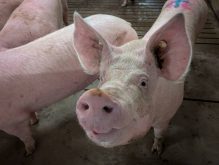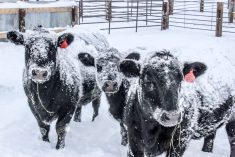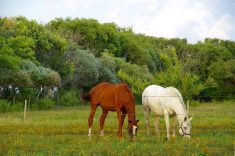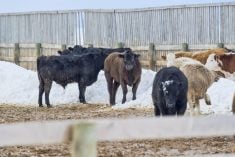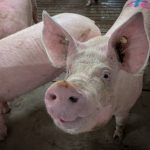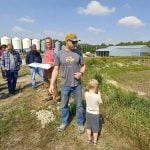The culling is finished on a Regina Beach, Sask. poultry farm where a highly-pathogenic strain of avian influenza broke out among birds, the Canadian Food Inspection Agency said yesterday.
With the farm now completely depopulated of birds, next must come the cleaning and disinfection of all barns, vehicles, equipment and tools on the property, CFIA said in a release. Only then, barring any new cases of bird flu in the area, will the producer be able to introduce new birds onto the property, the agency said.
However, the owner of the farm has warned that may be a long way off. Thomas Glen told Joe Friesen of the Globe and Mail earlier this week that without immediate financial support from governments or industry, the cleaning and disinfection “will be delayed for an undetermined amount of time.
Read Also
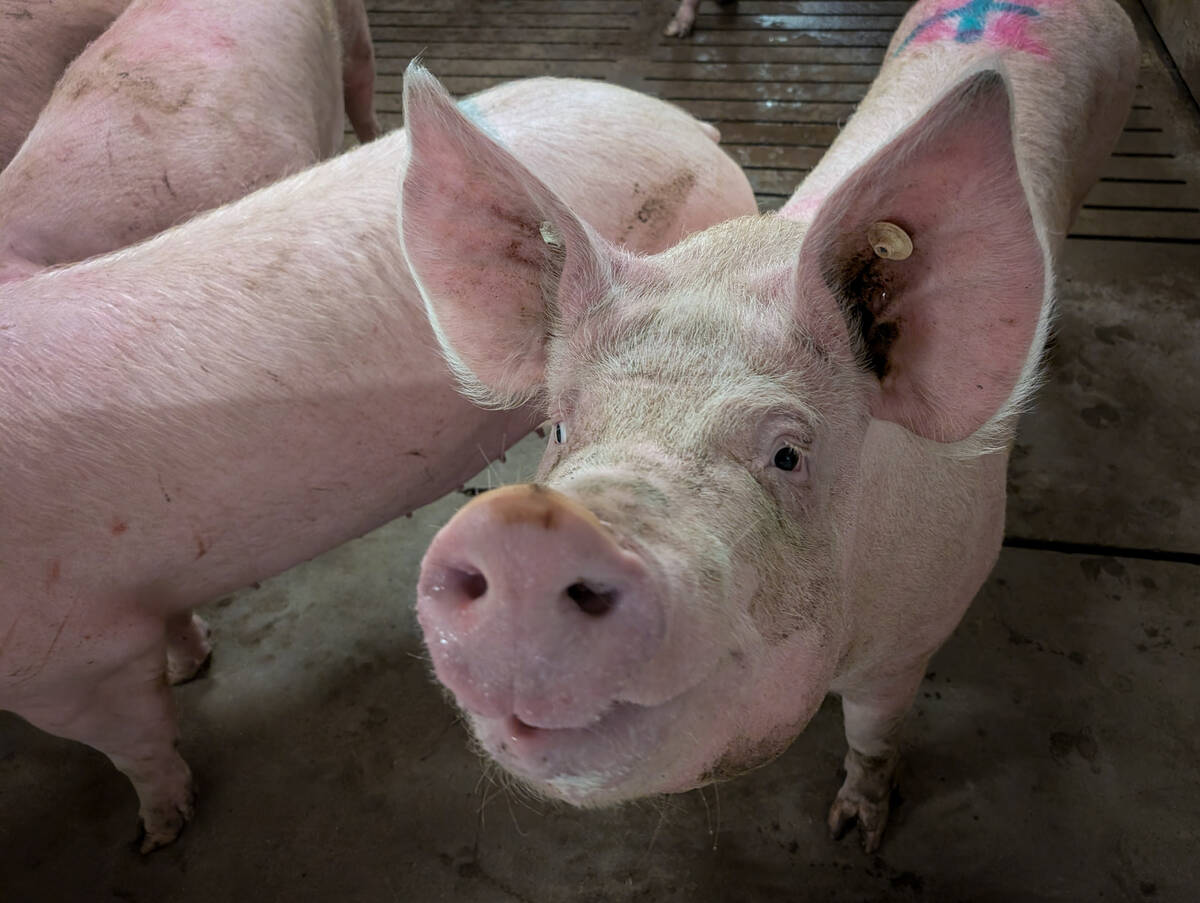
Gene edited, PRRS resistant pig approved in Canada
Canada has given its stamp of approval to pigs gene edited to resist porcine reproductive and respiratory syndrome (PRRS).
“We want to get some cleanup going and part of the frustration is that I’m shocked at the lack of support we’re getting,” Glen told the Toronto-based newspaper.
CFIA compensates farmers in such cases for the market value of all birds ordered destroyed, as well as any costs a farmer may incur related to the birds’ destruction and disposal.
(The Regina Beach birds, which were euthanized using carbon dioxide gas, are being buried on a remote area of the property, with provincial approval of the site. Normal decomposition will deactivate the virus, the agency said.)
CFIA pointed out that “assistance is also available through other federal and provincial programs” but did not elaborate on specific programs and referred an inquiry to Agriculture and Agri-Food Canada.
An AAFC spokesperson said federal programs such as CAIS and AgriStability, a margin-based program that will form part of the replacement for CAIS, do not cover clean-up costs.
Federal and provincial governments are, however, working toward agreement on another program for the new business risk management suite, to be called AgriRecovery. That program is intended to fill gaps not covered by existing programs “when small-sized disasters hit producers,” and could potentially cover such costs, the spokesperson said.
The H7N3 avian flu virus, which killed a number of birds in the southern Saskatchewan flock of 50,000, affects birds but not humans. It’s not related to the H5N1 strain associated with the deaths of dozens of people overseas who contracted the virus from direct contact with infected birds.
Health officials worldwide have tracked H5N1 in recent years citing fears that it may mutate into a form more readily transmissible between humans and spur a pandemic.


